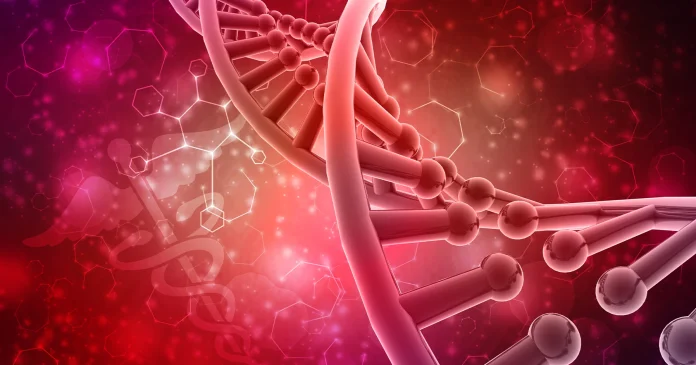What are hormones?
Hormones are chemical substances which are produce by the endocrine system. Hormones can be either fat-soluble (which means they require a protein to carry them in the blood) or water soluble (which means they can freely travel through the blood).
The main hormones produced in the body are:
- Adrenaline – from the adrenal medulla
- Androgens (DHEA) – from the adrenal cortex
- Anti-diuretic hormone – from the posterior pituitary gland
- Calcitonin – from the thyroid
- Glucagon – from the pancreas
- Glucocorticoids (cortisol) – from the adrenal cortex
- Human growth hormone – from the anterior pituitary gland
- Insulin – from the pancreas
- Leutinising hormone – from the ovaries and testicles
- Mineralocorticoids (aldosterone) – from the adrenal cortex
- Noradrenaline – from the adrenal medulla
- Oestrogen – from the ovaries
- Oxytocin – from the posterior pituitary gland
- Parathyroid hormone – from the parathyroid glands
- Progesterone – from the ovaries
- Testosterone – from the testicles
- Tri-iodo-thyronine – from the thyroid
- Thyroxine (T4) – from the thyroid
Important hormones facts
- Hormones can act on cells close to where they are released, or or on cells that distant
- Hormone levels can be measured by simple blood tests (but these levels can fluctuate at different times of the day and month depending on a number of factors)
- Hormones take a long time to exert their effect on the target cells and tissues, but the exert a long-term response
- Hormones are produced by endocrine glands or by organs that also have endocrine tissue
- Hormones control many many processes in the body, including blood fluid levels, metabolism, growth, reproduction, gestation, delivery and lactation
Why hormones are important
Hormone secretion is controlled by a number of mechanism:
- Level of circulating hormone – this is the most common mechanism to control hormone secretion and happens through a negative feedback mechanism
- Direct sampling of the blood – some endocrine tissues can sample the blood that passes through them to determine if a certain hormone needs more regulation
- Nervous stimuli – nervous tissue stimulates certain hormones
- Hypothalamus – this organ controls the endocrine system by controlling activity of the pituitary gland (both the anterior and posterior)
Hormone activity in the body control a number of vital metabolic processes, such as level of blood glucose, menstruation, lactation, puberty, metabolism.


